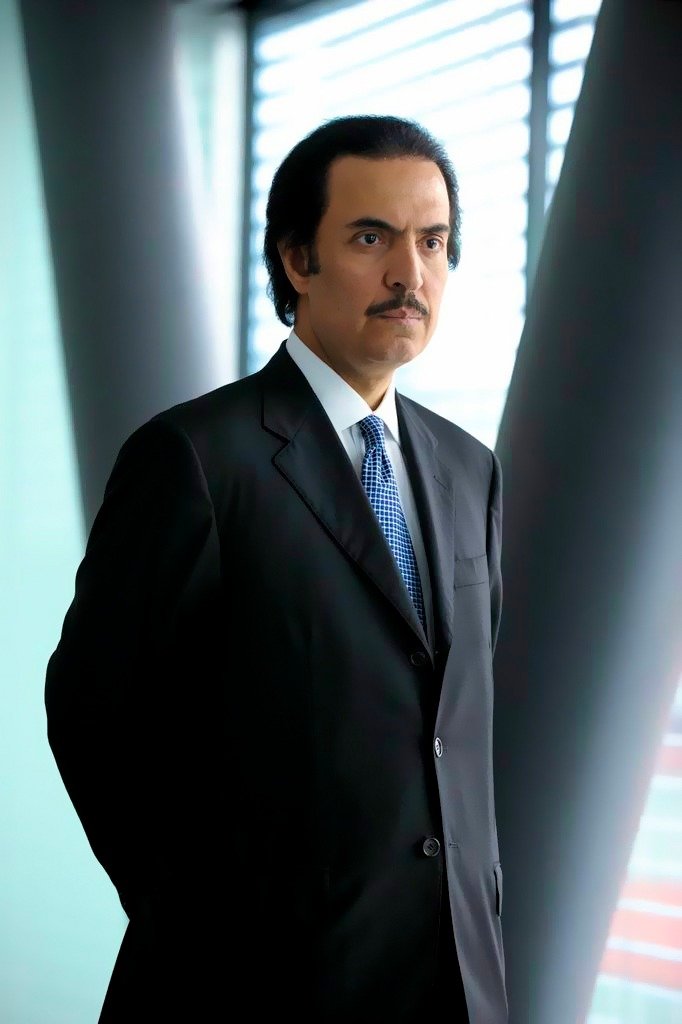What could ‘public philosophy’ do for philosophy today?
By Prof. Nayef Al-Rodhan
Philosophy folklore has it that the great philosopher Bertrand Russell was once asked by a taxi driver: “What is life all about?” Apparently, Russell was lost for words, frustrated that he could not provide a definitive answer. Russell’s inability to answer the question has not dampened my enthusiasm, and that of fellow philosophers, to continue truffle hunting for truths about the human condition. On the contrary, recent years have seen philosophy widen its reach, becoming seamlessly woven into the fabric of our society. This is in large part due to the role played by public philosophy in promoting deeper, critical thinking to a wider audience.
We should build on this momentum and find ways to embed public philosophy within traditional philosophical frameworks as well as within public consciousness more broadly. In doing so, we would be well served to ask ourselves questions about the nature and purpose of philosophy. What can this age-old discipline of inquiry teach us about who we are and how we live our lives? Does possessing the skills for philosophical reflection and theorising make us any wiser about the nature of our lives?
Public philosophy has helped make philosophy more tangible, from collaborations with policymakers and ethics consulting, to philosophy classes in prisons and schools. In all these cases, public philosophy helps apply real-world examples that reveal the depth and difficulty of issues in moral and political philosophy. This is something that I have endeavoured to do for the past 20 years, writing extensively on a wide range of issues, especially the future of philosophy, with a particular emphasis on the interplay between philosophy, neuroscience, strategic culture, applied history, geopolitics, disruptive technologies, and international relations. All these issues are knotted together by a transdisciplinary thread with the goal of tackling philosophy’s most intractable problems. With this in mind, my writing is aimed at the public at large but also at my academic colleagues in all disciplines.
We are approaching an era that will be defined by disruptive technologies which will change what it means to be human. This means that philosophy, and perhaps public philosophy in particular, will need to keep pace with the ethical and moral implications of the changes happening around us. Rapid technological advances have rewired the relationship between philosophy and science. This demands deeper philosophical introspection and fresh foresight in the field of public policy, which can be congealed together within public philosophy. Transdisciplinary approaches to philosophy, and creative co-operation between academics in diverse fields, can help further this cause. Philosophers should acquaint themselves with transdisciplinary frameworks to connect neuroscience, technology and philosophy (an overlapping area that I have termed “Neuro-Techno-Philosophy”). Neuro-Techno-Philosophy examines the human mind and nature as they will be in the future, with the aim of anticipating societal implications of impending transformations and engaging with these game-changing innovations, which are critical for the future of philosophy. A thorough understanding of future developments demands a much closer collaboration between philosophers, scientists and other disciplines, with each side having a degree of competence in the other's field. Knowledge of our current best science grounds philosophers' pursuit of meaning, just as a familiarity with the method of philosophical reflection enriches scientists' empirical investigation.
With the right tools and open-minded approach, public philosophy can expand our conception of what philosophy does. The obligations of a philosopher, regardless of his or her speciality, go far beyond constructing logically sound arguments. I see my obligations as a public philosopher as being in tune with my responsibilities as an academic and global citizen, and with that in mind I strive to make my arguments clear and accessible to the non-academic public. I try to tease out the abstract principles underpinning public discourse and, when appropriate, generate debate and critical reflection that might challenge existing understandings.
In philosophy today, there is an increasing appreciation of the critical value of transdisciplinary approaches to problem-solving and scholarly innovation. This is a good thing and public philosophers tend to understand this better than most. Public philosophy will therefore be invaluable in helping humanity collectively progress in peace, security, knowledge, and prosperity at a time when we face complex ethical challenges emanating from disruptive technologies and geopolitical crises.
Professor Nayef Al-Rodhan is a philosopher, neuroscientist, geostrategist and futurologist. He is an Honorary Fellow of St. Antony’s College, Oxford University; Head of the Geopolitics and Global Futures Programme, Geneva Center for Security Policy (GCSP) in Switzerland; Senior Research Fellow, Institute of Philosophy at the University of London; and a Member of the Global Future Council on the Future of Complex Risks at the World Economic Forum. He is also a Fellow of the Royal Society of Arts (FRSA). He holds an MD and PhD, and was educated and worked at the Mayo Clinic, Yale University and Harvard University in the United States.
He is a prize-winning scholar who has written more than 300 articles and 25 books, including most recently 21st-Century Statecraft: Reconciling Power, Justice And Meta-Geopolitical Interests, Sustainable History And Human Dignity, Emotional Amoral Egoism: A Neurophilosophy Of Human Nature And Motivations, and On Power: Neurophilosophical Foundations And Policy Implications. His current research focuses on transdisciplinarity, neuro-techno-philosophy, and the future of philosophy, with a particular emphasis on the interplay between philosophy, neuroscience, strategic culture, applied history, geopolitics, disruptive technologies, international relations, and global security. His books and articles may be found at www.sustainablehistory.com.
